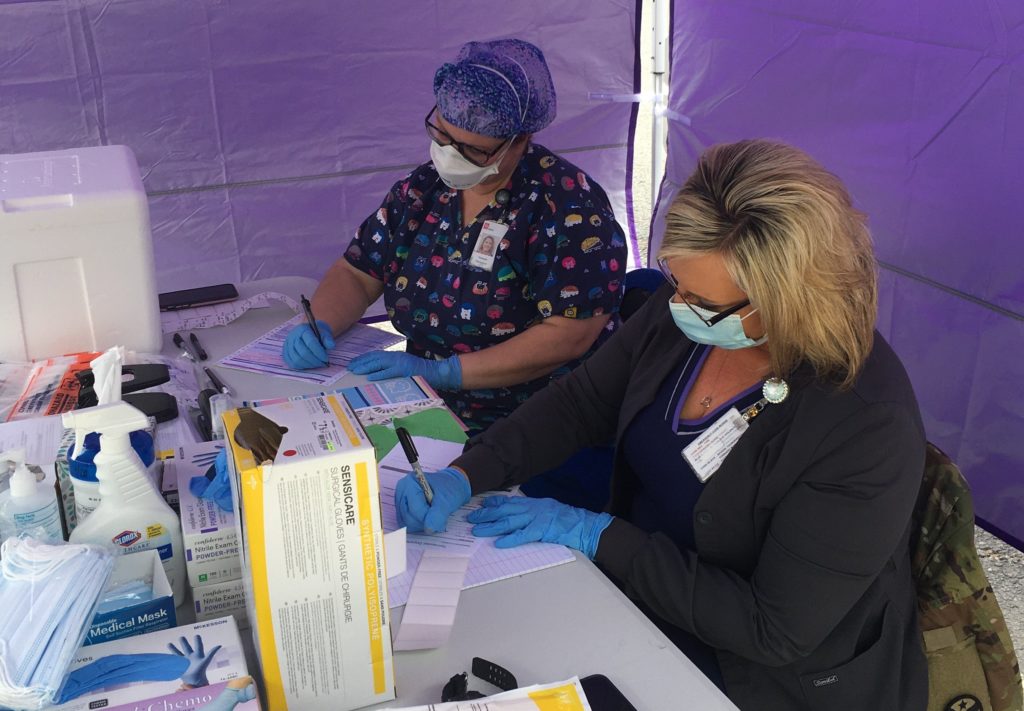
Tennesseans are pretty much on their own with COVID contact tracing at this point. The state is winding down its increasingly futile attempts to investigate positive cases and alert those who’ve been exposed.
The transition comes at the recommendation of five national public health groups who issued a joint memo in late January. “It is time to empower the public to act when they suspect COVID-19 infection,” they wrote, citing the high number of asymptomatic and mild cases, the growth in at-home testing and the shorter incubation period of the Omicron variant.
“Contact tracing going forward is not going to look like it was in the past,” Dr. Lisa Piercey, the state’s health commissioner, told state lawmakers this week.
Instead, Department of Health investigators will focus on outbreaks contained in high-risk settings such as nursing homes, prisons and homeless shelters.
More: Tennessee outsourced hundreds of contact tracers but releases little data on results
A third-party contractor named Xtend Healthcare has been doing most of the broader contact tracing work. Over 19 months, the state paid the medical billing firm a total of $65 million, according to the Tennessee Lookout. But according to state data obtained by WPLN News, the company has only scratched the surface through the Omicron variant, completing fewer than 9,000 investigations during the month of January — a month in which Tennessee was averaging more than 9,000 new cases per day.
More investigations were completed through an automated text message system, and a state spokesperson says the texts will continue.
The state allowed the Xtend contract to expire Jan. 31 and has chosen a replacement — government contractor Abacus. Terms of the contract are now being modified, Piercey says, but she doesn’t want to cancel it altogether.
“We need somebody, particularly in case we have a big surge again and we need to re-up those efforts,” she says.
Cutting back in Nashville
Nashville, which runs its own health department independent of the state, is downsizing too. More than half of the city’s 25 contact tracers are being reassigned or let go, says epidemiologist Leslie Waller. In recent months, reaching cases by phone hasn’t yielded much “actionable data,” with fewer and fewer people willing to identify their potential contacts, she says.
And the incubation period for the Omicron variant is so short, not many contacts can be reached in time to make much difference.
“The utility has just diminished so much since the start of the pandemic,” Waller says.
Like the state health department, Metro will continue contact tracing when outbreaks arise in high-risk settings. But unlike the state, the city includes schools in that list. Students and teachers will continue to be alerted when they’re considered close contacts of a confirmed case.
Otherwise, Waller says, by now people are familiar with how to isolate after a positive test and let contacts know to quarantine.
“I think most people know what they should do. I do think it is easy to kind of slack on what you should do,” she says, adding, “No judgement.”
Waller has recently been through the isolating experience of a quarantine herself. But, she says, the pandemic still isn’t over.

